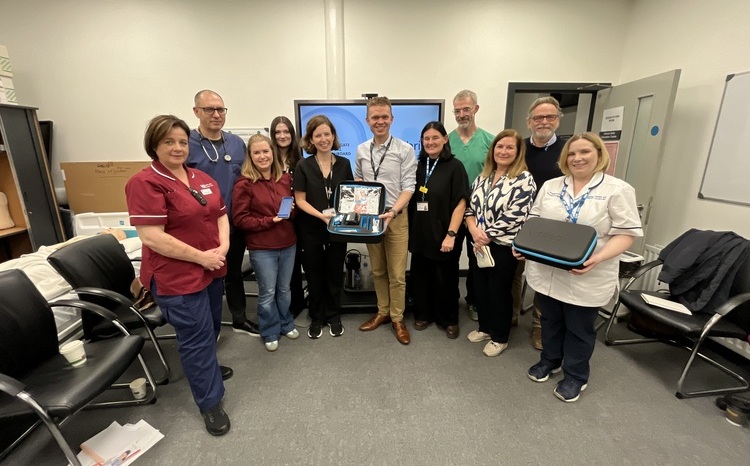Experience information deficit must be overcome
- 8 February 2008
A steering group focused on harnessing the power of public opinion has found that many NHS boards do not have a systematic approach to using patient experience information, hence creating an information deficit, which must be overcome.
In a research report, developed by senior health officials form the NHS and professional medical bodies, the steering group says: “Beyond mandated national surveys and complaints data, the report found that many trusts were not collecting patient feedback systematically or using it intelligently.Board members should adapt the information framework and principles set out in the report to meet their local circumstances.”
Research provided by Dr Foster Intelligence showed that across England there was little use made of data collected locally from patients, which provides valuable information about clinical quality and performance. When it was discussed it was “noted by the board and neither discussed nor followed up” – creating the information deficit.
Harry Cayton, chief executive of the Council for Healthcare Regulatory Excellence urges trusts to overcome this in the report’s foreword.
He writes: “The NHS may not have to depend on its patients for its income but it does depend on them for its social and political validity. In any service-providing organisation, learning from and about its customers, should be core business.
“Services should be designed with input from users, using the ‘wisdom of crowds’ and drawing on delivery-end experiences to inform providers about the usefulness of the services they provide. This approach is hardly innovative, but it may prove to be a new way of doing things within healthcare that will lead to improved services which are designed using the most honest and reliable information about the service – user satisfaction.”
One trust praised for good practice in using patient feedback is BT E-Health Insider award winner, Homerton University NHS Foundation trust, who uses electronic handsets to gather information from patients and use the feedback to identify potential improvements and review progress.
Jenny Negus, deputy director of nursing, said: “Improvements can be difficult to measure and this project goes a long way in providing that information. Trust departments knew what they wanted to look at and, while I provide support and ongoing development, it
is the clinical areas that own the project. It is data about their area and their practice that we are analysing. It is a partnership and I help them look at ways they could improve their work.”
The report stresses that by using such information, trusts can focus on improvements that matter and keep patients and providers pleased with the service they are receiving. It also helps to keep regulatory framework demands satisfied and promote effective use of resources.
Offering advice to boards, it says: “Patient information is available from a wide range of sources and using a number of techniques and technologies. Ensure that you understand potential limitations of the data. Consider outsourcing the collection of data where you lack the internal capacity to do so.”
It adds: “Gather information from PALS reports, national data, local Discovery interviews or other satisfaction reports. If they don’t exist, then they should and the clinical leaders should be encouraged to get simple data on which to base change.
“Primary care commissioners can include patients in key data processes such as identifying priorities for change, monitoring quality and discussing the application of any savings that have been made.”
Cayton added he hoped that this report would encourage the NHS to introduce a new way of delivering healthcare.
“Services should be designed with input from users, using the ‘wisdom of crowds’ and drawing on delivery-end experiences to inform providers about the usefulness of the services they provide.
“This approach is hardly innovative, but it may prove to be a new way of doing things within healthcare that will lead to improved services which are designed using the most honest and reliable information about the service – user satisfaction. Services designed in such a way possess intimate knowledge of those they serve, they will have endurance and can adapt to their users’ changing needs.”
Link
Joe Fernandez




